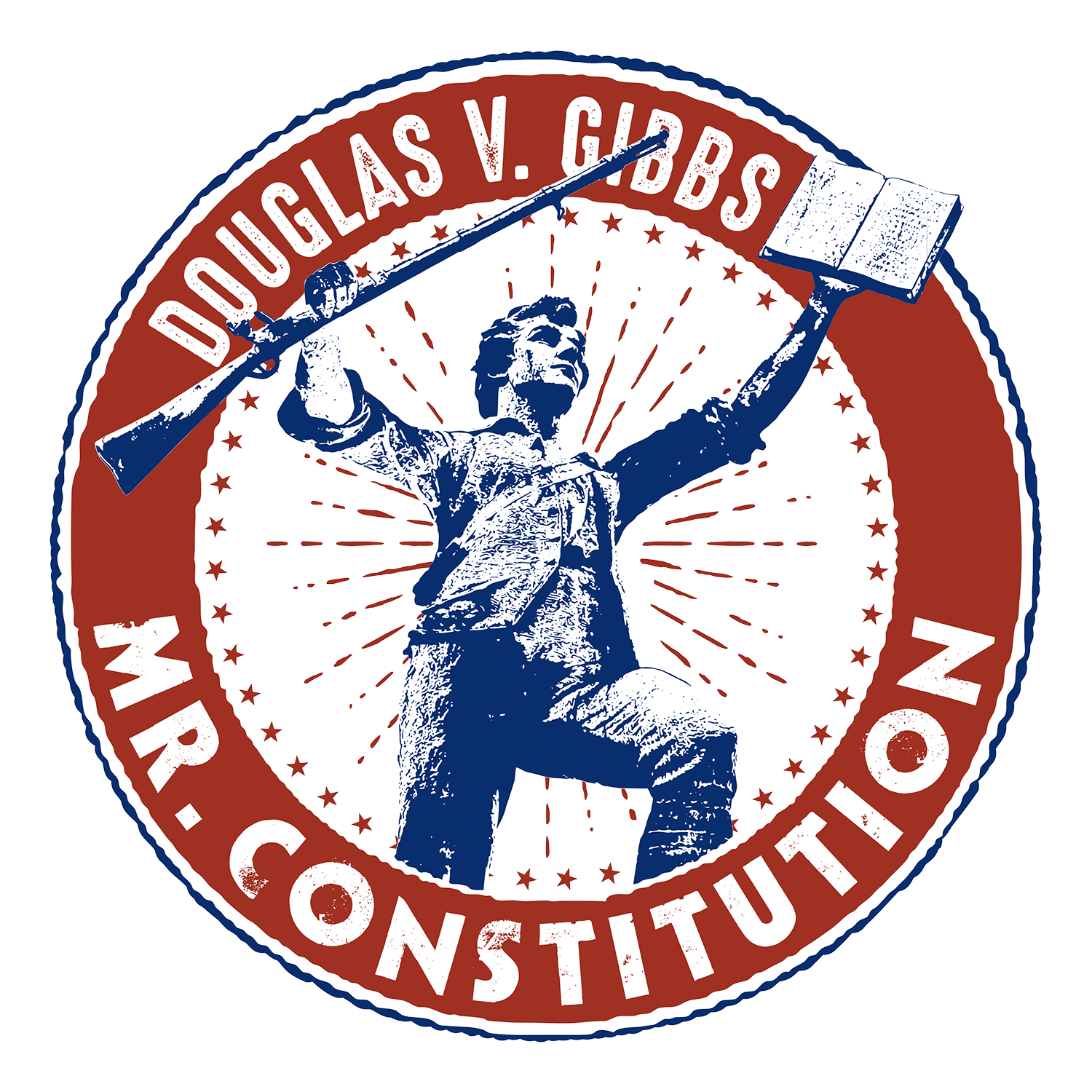By Douglas V. Gibbs
My wife and I pray together a number of times per day. Like most people, I used to pray when the boat was rocking, but not so much when it was smooth sailing. As we have gotten older, praying and being in The Word daily have become important habits. Prayer, however, is not something we see much of in the average public square, or in mainstream media. Prayer, like Christianity, is usually tucked away inside the four walls of a church, and that’s the way the newsrooms and Satan likes it. Except, lately, something has shifted.
The shooting at a Catholic church in Minneapolis in August, followed by the assassination of Charlie Kirk in September, cracked open a cultural fault line. The pendulum swung at a time when The Church has been under worldwide persecution, and even being a Christian in America has been under attack. Suddenly, prayer is no longer a private act. It has become a public controversy, and Christianity is growing as a result.
The Bible reveals that the message of Christ spreads greater when under threat. Persecution often means growth, and sometimes the persecutors themselves become warriors for God. The Book of Acts tells us just that kind of story, when Saul became Paul.
As Faith grows in America, the voice of the opposition has grown louder, declaring prayer irrelevant. Jacob Frey, mayor of Minneapolis, dismissed it outright after children were murdered while praying, saying, “We don’t need any more prayers.” Jen Psaki, former White House press secretary, scoffed, “Prayer is not freaking enough.” These remarks were not just flippant. They were indictments of faith itself.
As the fire has raged from the mouths of the opposition, the faithful have responded. Pastors, commentators, and everyday believers have pushed back. As Christians, they followed Christ’s example and responded not with rage, but with reason. They reminded us that prayer is not a placebo. It’s not a sentimental gesture. It’s communion with the living God. And if we’re going to talk about prayer, we must first talk about God.
God exists. If He didn’t, then the whole American Experiment was based on a lie. God-given Natural Rights do not exist if there is no God. Liberty, if God does not exist, is a fraud. God does, however, exist. And He DID, two thousand years ago, take the form of a human being in the name of Jesus Christ, and was sacrificed on a cross for the sins of the world. And That Changes Everything
The existence of God is not a leap into the dark. It’s a rational conclusion. The argument from causality is simple and profound: everything material has a cause. The universe is material. Therefore, the universe must have a cause beyond itself. That cause is God. It’s not blind faith. When we use our critical thinking we realize that it is logical necessity. To believe the universe popped into existence uncaused is not science. It’s superstition dressed in lab coats that requires much more faith than believing the Story of Christ.
Then there’s morality. If there is no God, there is no objective good or evil. But we know that not to be the case. Inside we understand the truth. As Thomas Jefferson explained in the Declaration of Independence, “these truths are self-evident.” We recognize good and evil instinctively and viscerally. We know in the deepest part of our soul when things are wrong because God wrote the law on our hearts. The murder of innocent children is evil. Not subjectively evil. Objectively evil. That moral clarity points to a moral source. And that source is God, who is goodness itself.
Knowing God is not just something one believes. It is not some kind of religious ritual. Knowing God is a relationship, and prayer is a key part of that relationship.
The God who created the universe didn’t remain distant. He revealed Himself. Christians believe that Jesus Christ is God incarnate, and that God is a Trinity; a perfect relationship. Made in His image, we are wired for relationship too. That’s why prayer matters. It’s not magic. It’s not manipulation. It’s the pursuit of communion with the One who made us.
We pray not to bend reality to our will, but to align our hearts with His. God is not some Genie in a bottle there to grant wishes, but a member of an all-important relationship who loves us and wants the best for us as it aligns with His Will. We pray because we are dependent on God for our breath, our blessings, our being. We pray because we are not meant to be alone.
Science is catching up to what the faithful have known for centuries. Prayer reduces anxiety, stress, and depression. It activates the same parts of the brain used in human conversation. Daily prayer calms the mind, lowers anger, and strengthens attention. It even helps guard against dementia.
I read an article that proclaimed (and inspired this article): Twelve minutes a day. Eight weeks. That’s all it takes to begin rewiring the brain toward peace. Fear damages the mind. Prayer restores it. And in that restoration, the human heart rediscovers its worth. All of this is not some magical random accident. It is true, and it exists, because that is the way The Creator established it through His beloved creation.
It is not a coincidence that God’s opposition uses fear, and God provides hope. Prayer is tied to that hope. Therefore, prayer is not useless. It is not something to be scoffed at. It is not naïve. It is not a relic of a bygone age. It is an essential part of living in a relationship with the God who speaks, listens, and loves. It is the act by which the human soul remembers who it is and the human spirit operates in its enlivened state when a person accepts Jesus Christ into their life. It is communication with the God who made everything.
Without prayer there is no hope – there is only fear.
And that is why we pray.
— Political Pistachio Conservative News and Commentary




I agree, evil seems to wants all of us the be “afraid” to pray. That praying is the bad thing to do, that doing that will cause bad things, when it is actually the right thing to do. Growing up in grade school we always started the day with the Lord’s prayer and the Pledge of Allegiance to the flag. At the time it seemed like something supposed to do as part of school, but seeing now it was more than that, it kept us in touch with God and ourselves.